Featured Publications

ETS, Reloaded? Designing Emissions Trading for Net-Zero and Net-Negative Societies
Emissions trading systems (ETSs) play an important part in many jurisdictions’ mitigation strategies, but their role and design are likely to change over the decades to come. Achieving net-zero emissions by mid-century or soon thereafter is essential to keep global temperatures at safe levels. Consequently, multiple jurisdictions have adopted climate neutrality targets by around mid-century . ETSs can play a central role in this process and have...
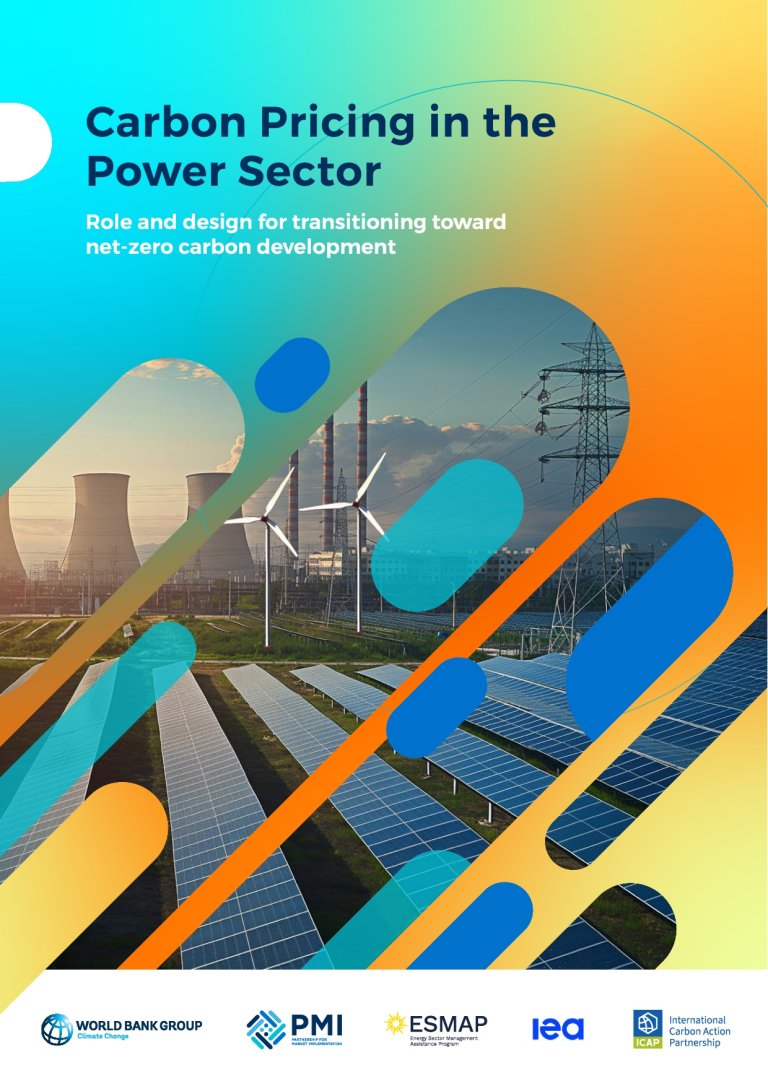
Carbon Pricing in the Power Sector: Role and design for transitioning toward net-zero carbon development
This report delves deep into the power sector value chain dynamics, demonstrating how well-designed carbon pricing instruments can be instrumental in helping countries reach their decarbonization goals. Focusing on how decisions are made in diverse power sector models in several developing countries, this report establishes that the CPI must be carefully positioned at the right regulation point in the power sector’s value chain—rather than merely...
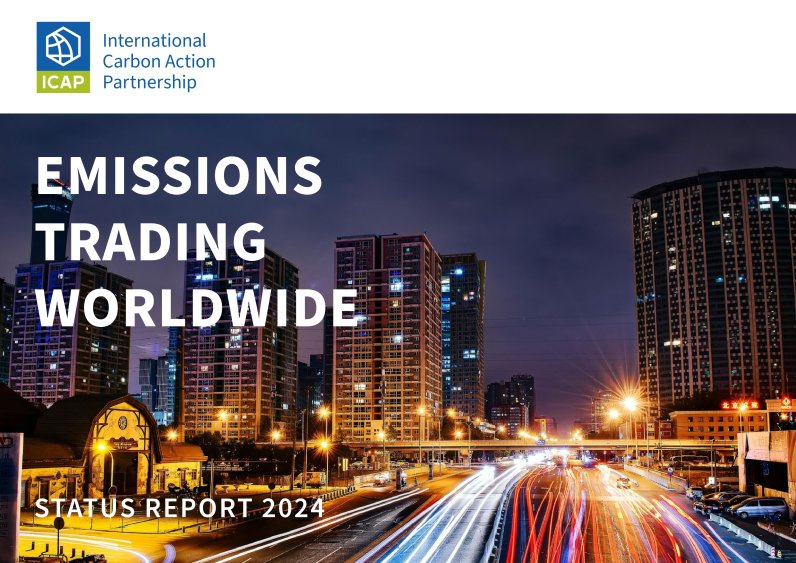
Emissions Trading Worldwide: 2024 ICAP Status Report
Check out the 2024 ICAP Status Report with the latest developments in emissions trading around the world.
The report includes:
🔹 State and outlook of emissions trading worldwide
🔹 Detailed factsheets on every system in operation, under development, and under consideration
🔹 Infographics that visualize the systems' characteristics
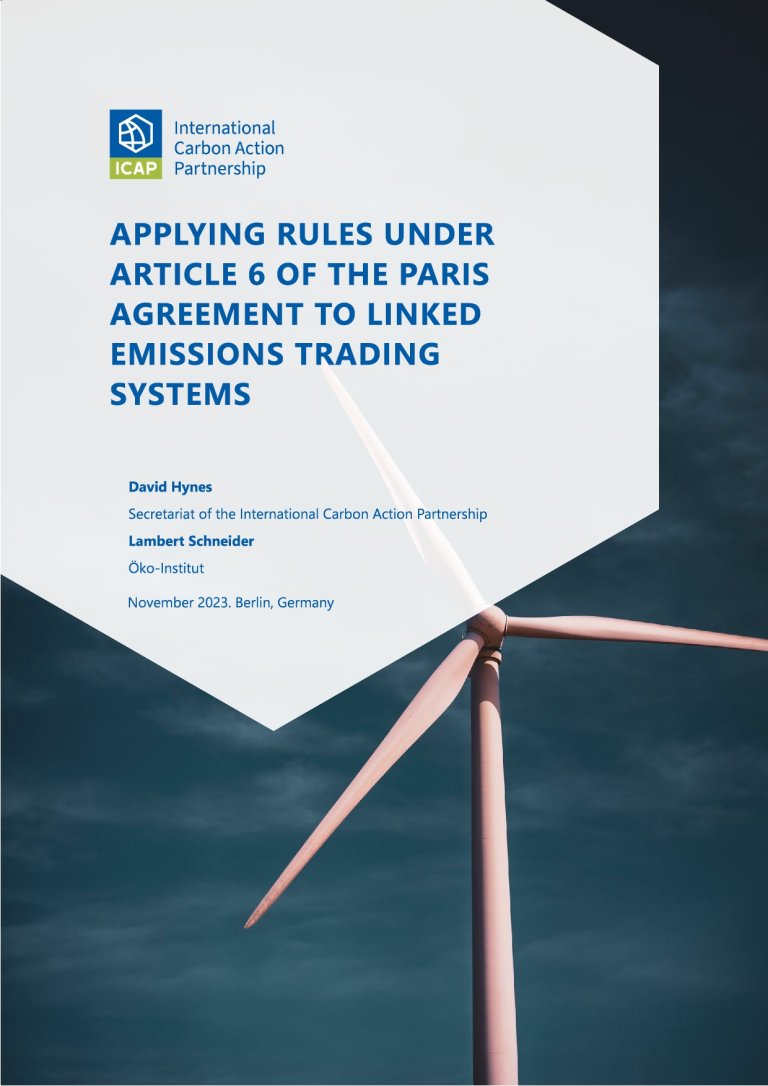
Applying Rules under Article 6 of the Paris Agreement to Linked Emissions Trading Systems
This paper explores how the Article 6.2 rules agreed at COP26 could be applied to an international link of two ETSs, including how to account for the changes in emissions, addressing the challenges in determining when changes in emissions occur within an ETS, and options to generate finance for adaptation and “net” mitigation from the link.
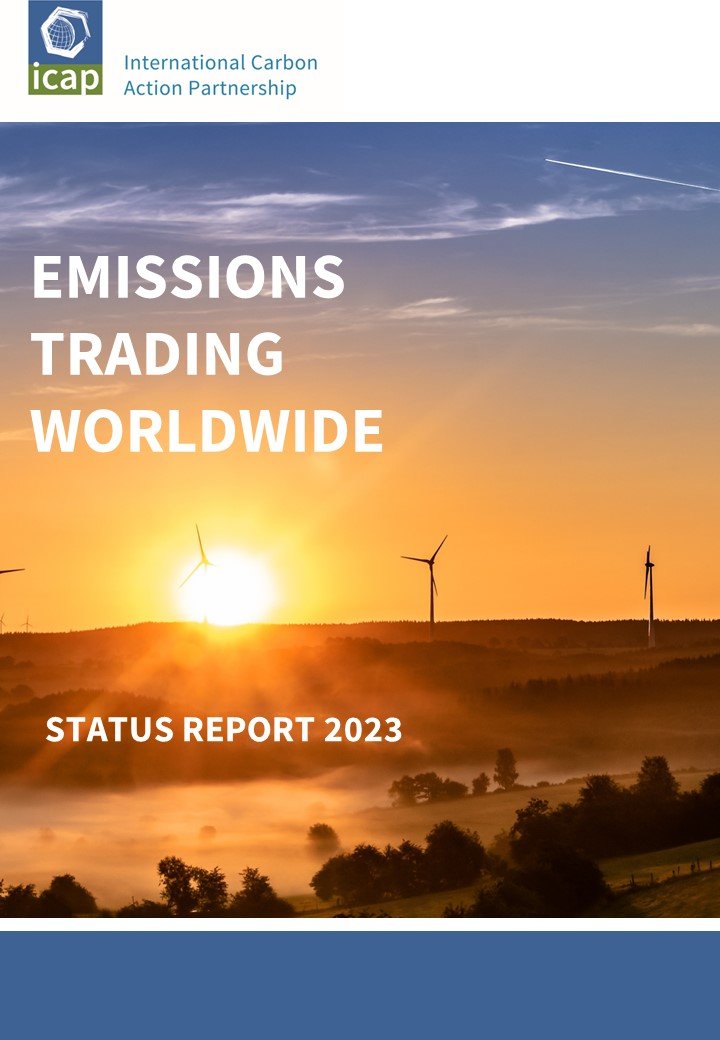
Emissions Trading Worldwide: 2023 ICAP Status Report
Check out the 2023 ICAP Status Report with the latest developments in emissions trading around the world.
The report includes:
🔹 comprehensive snapshot of the latest ETS developments
🔹 up-to-date factsheets on all systems
🔹 infographics that visualize the systems' characteristics
🔹 in-depth articles from policymakers and carbon market experts
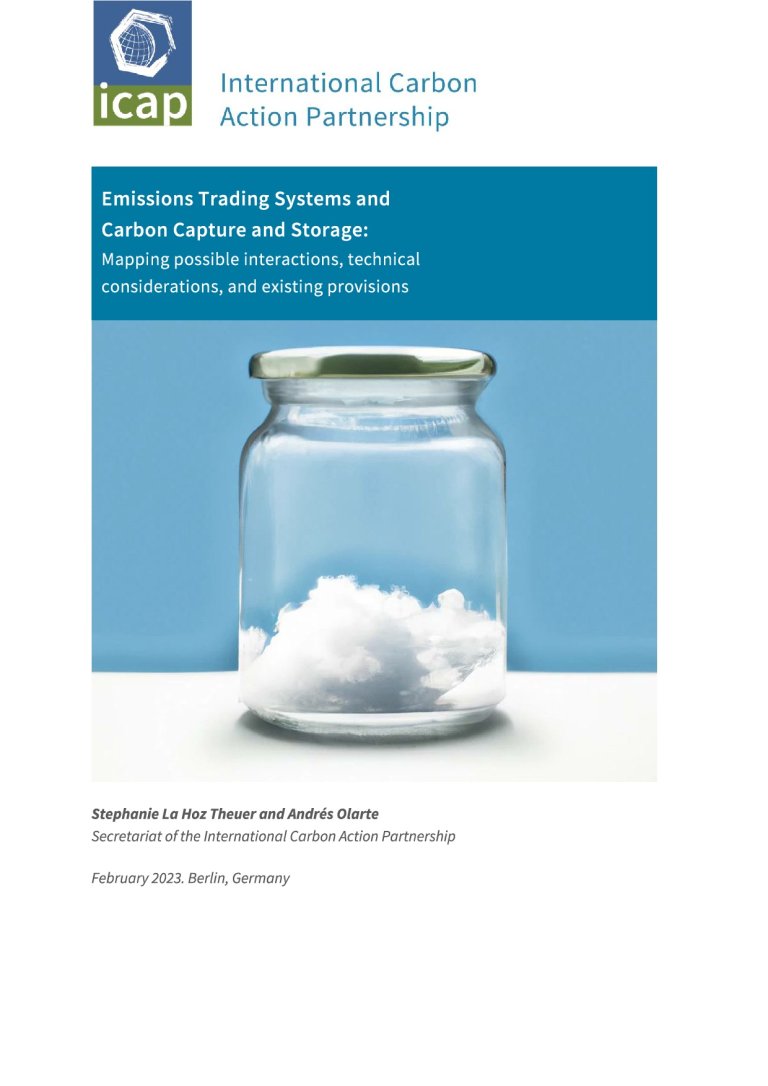
Emissions Trading and Carbon Capture and Storage: Mapping possible interactions, technical considerations, and existing provisions
This report explores how CCS is treated in different ETSs around the world; if and how ETSs could play a role in incentivizing the development and deployment of CCS applications; and the challenges and opportunities in developing the required regulation in this context.
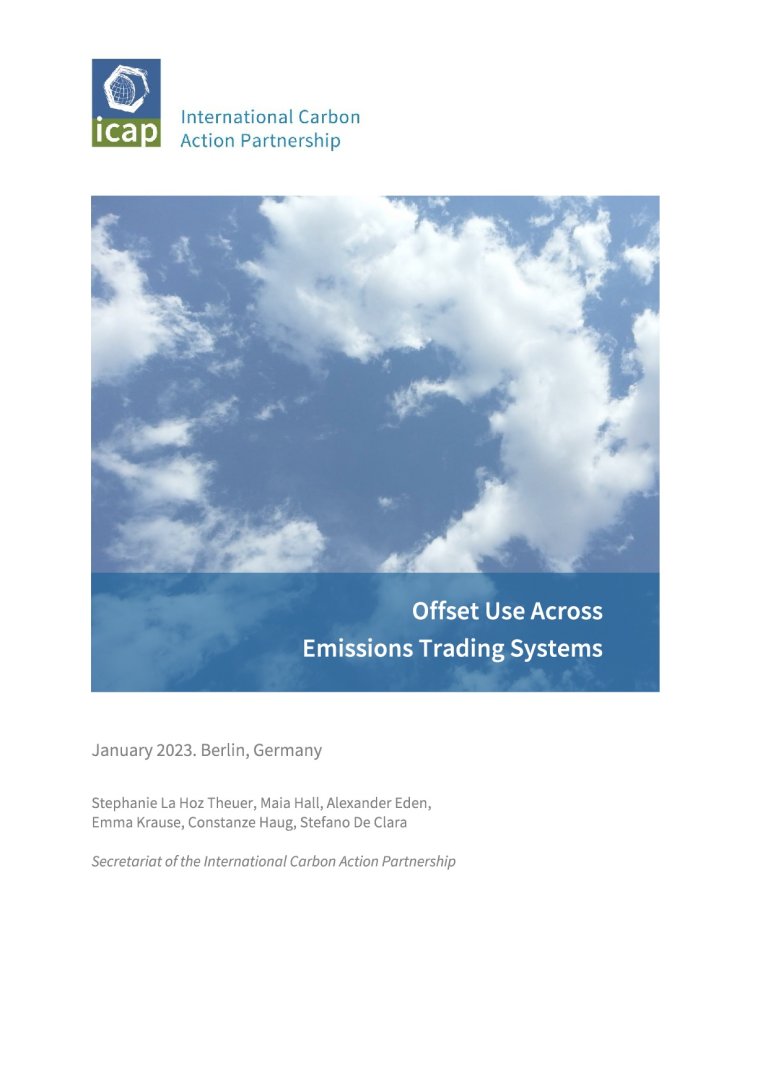
Offset Use Across Emissions Trading Systems
As market-based instruments, emissions trading systems are inherently flexible, as entities can decide to reduce their own emissions or buy emissions allowances from the market. Carbon offsets (or simply ‘offsets’) are a tool to further increase flexibility in reaching climate targets under ETSs, as they offer sectoral and geographical flexibility for jurisdictions to reduce greenhouse gas emissions outside of the scope of their ETS. This report...
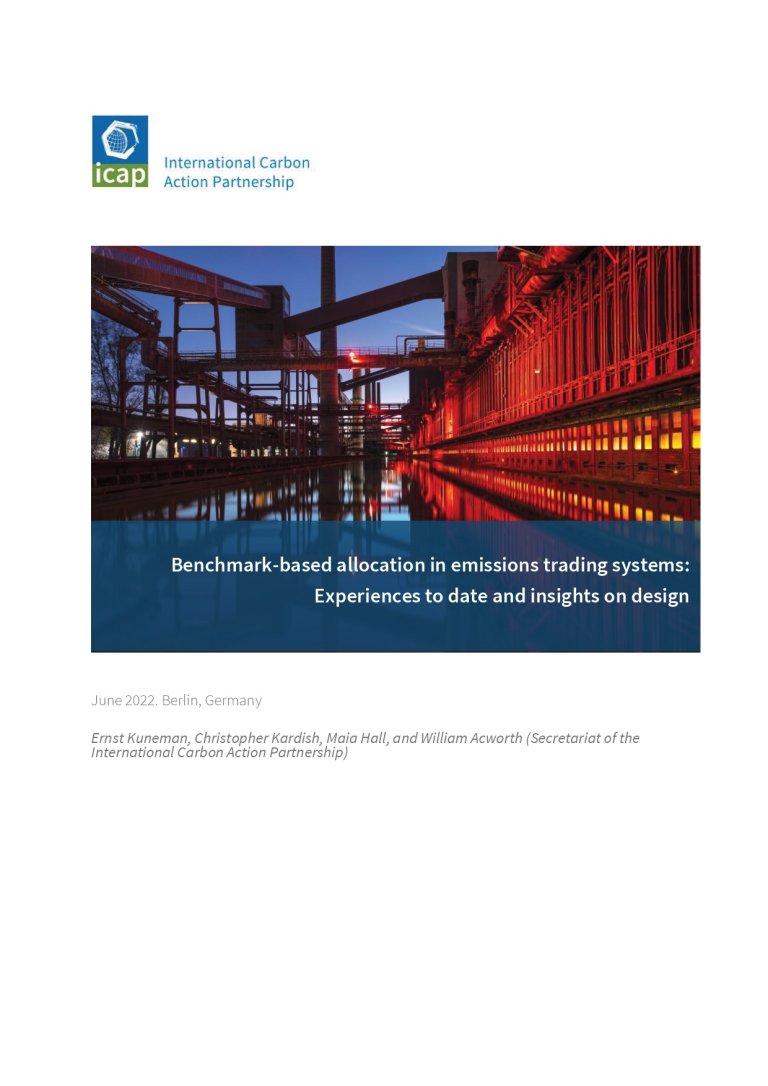
Benchmark-based allocation in emissions trading systems: Experiences to date and insights on design
Benchmarking can protect against carbon leakage while setting incentives to reduce emissions, but their design entails complex trade-offs. This paper explores benchmark-based industrial allocation design and experiences, using insights from existing ETSs, and their implications for abatement and low-carbon investment incentives.
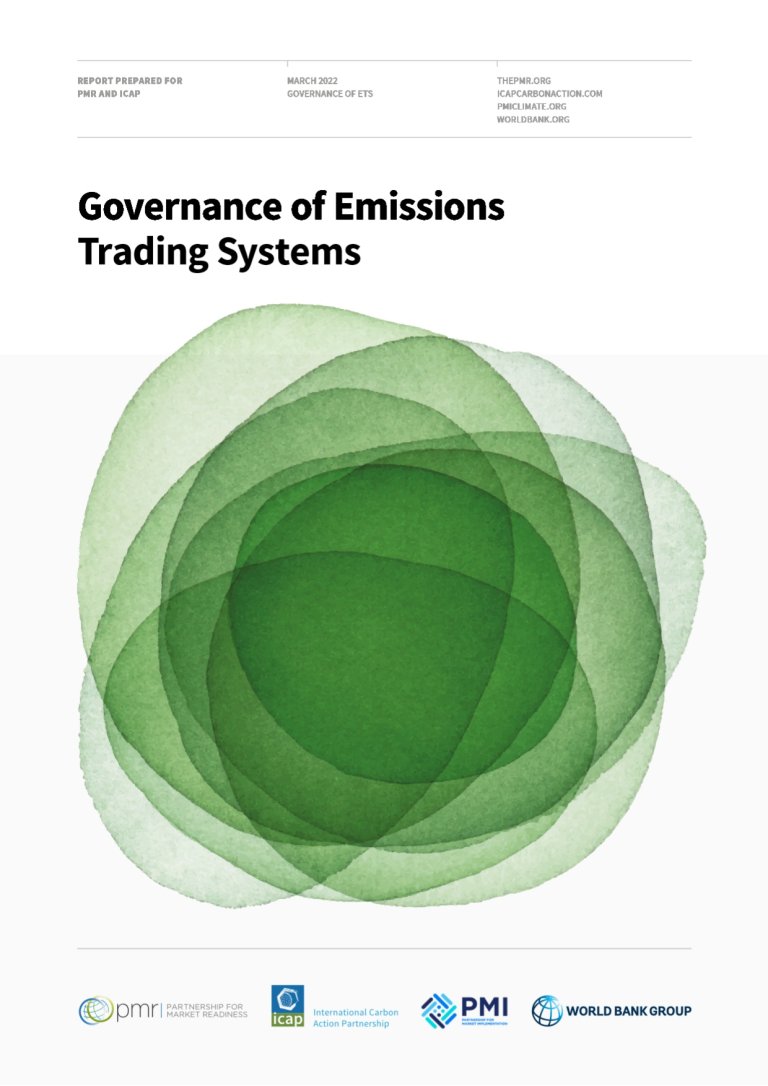
ICAP & World Bank Paper: Governance of Emissions Trading Systems
ICAP and the World Bank jointly published a paper on the governance of emissions trading systems.
-
DateCategoryETS BriefsCover Image
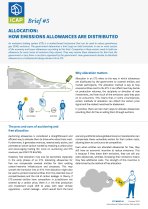
 DateCategoryETS Briefs
DateCategoryETS BriefsAllocation: How Emissions Allowances are Distributed (Brief 5)
Learn moreTeaser + metatagsIn an ETS, covered entities may receive allowances for free from the government or buy them in auctions. Learn about how governments decide to distribute allowances, why allocation matters, the pros and cons of each allocation method, how free allocation can work, and the approaches taken by systems around the world.
-
DateCategoryPapers and ReportsCover Image
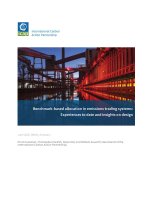
 DateCategoryPapers and Reports
DateCategoryPapers and ReportsBenchmark-based allocation in emissions trading systems: Experiences to date and insights on design
Learn moreTeaser + metatagsBenchmarking can protect against carbon leakage while setting incentives to reduce emissions, but their design entails complex trade-offs. This paper explores benchmark-based industrial allocation design and experiences, using insights from existing ETSs, and their implications for abatement and low-carbon investment incentives.
